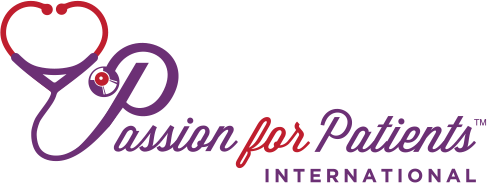Or is it AWKWARD? In today’s politically correct culture, many people are afraid to say things for fear of offending someone. Customers often find it much easier to complain about a defective product than to complain about substandard service—-because the product cannot take offense.
Teachers are reluctant to have competition in classrooms because the very make-up of competition means that there will be winners and there will be losers. After all, we don’t want to hurt a student’s fragile self-concept. The old practice of students exchanging papers and then correcting their neighbor’s test is discouraged because someone might be embarrassed.
Supervisors often hesitate to take corrective action because of how an employee might view the criticism.
No one wants to be accused of creating a ‘hostile work environment’.
To this end, many patients are reluctant to complain about a doctor’s poor bedside manner or unacceptable and rude service at the hands of the doctor’s staff. Some fear retribution and others have just come to accept that ‘this is the way it is’.
Put all of this together and then combine it with today’s technology and you have a potentially volatile situation. Social media is one of the tools that people use to complain about school, teachers, a boss, or their experience at their doctor’s office. And they can complain to the whole world with just a few key strokes. This same social media allows for negative on-line reviews that spread to hundreds without any chance for a business, medial practice, or healthcare organization to respond.
This sugar-coated hostility of passive/aggressive behavior in our culture seems to be growing by leaps and bounds; and it almost always results in ‘accidental communication’.
As an example, supervisors and managers are not allowed to mandate that a workplace be an “English Only” environment. They can mandate that English be spoken when dealing with patients, but that philosophy does not extend to the break room. Bilingual employees often speak other languages in the break room and because that is permissible, the issue of language is never discussed in the workplace. But using a language not spoken by everyone is exclusionary. As such, people who are not bilingual are left out of the conversation. In fact, these same people are often left to wonder if they are the subject of that bilingual conversation. Isn’t it too bad that team leaders find it awkward to tell bilingual employees that this exclusionary behavior is simply bad manners? It is the same as whispering to someone when another is present, even if they don’t mean anything by it.
Passion for Patients™ provides training to team members and to team leaders alike in techniques to appropriately address sensitive issues like this.
The cohesiveness of the workforce in any medical organization depends on eliminating accidental communication. Therefore, the care of patients and improving that experience also depends on eliminating accidental communication. Contact us to learn more about how to eliminate accidental communication in your practice.


